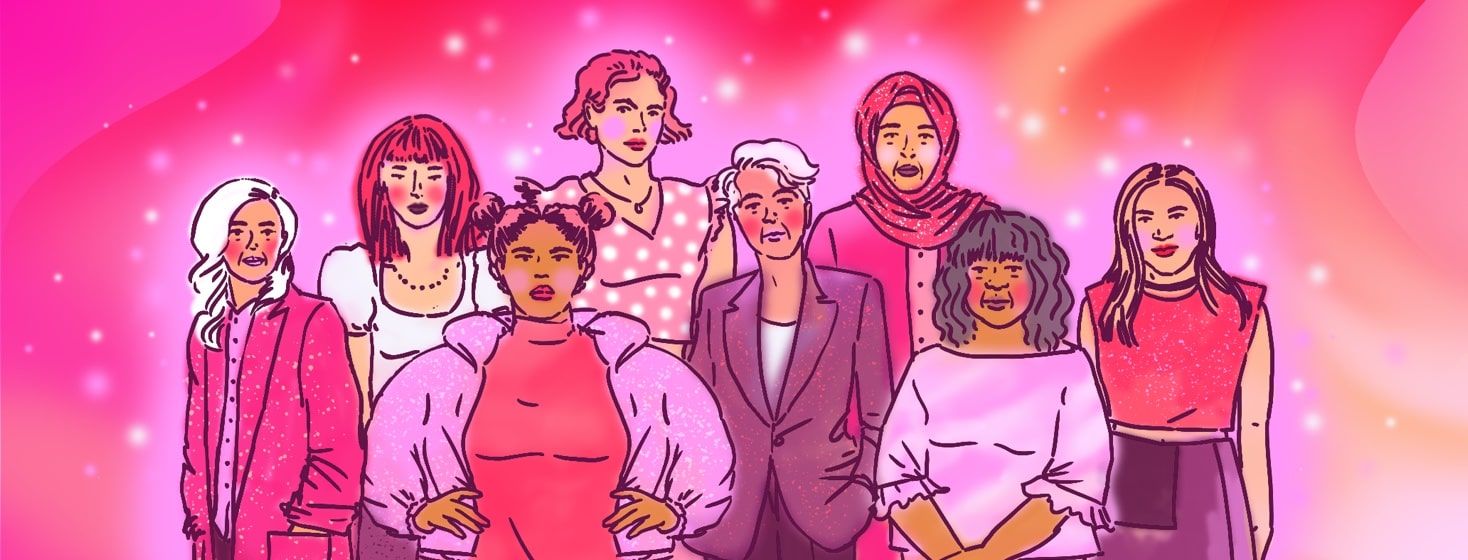What I've Learned About Women & Alzheimer's
11 million. It's a large number, but, you might ask, what does it represent? It represents the number of women in the United States who are either living with Alzheimer's disease or caring for someone who has Alzheimer's disease, according to the Alzheimer's Association.1
In the United States, with a population estimated at 328.2 million, according to the U.S. Census, a little over half of whom are women, 50.8 percent, that 11 million represents somewhere in the ballpark of 6 percent of Americans.2
Given that March is Women's History Month, I thought it would be a good time to reflect on the effect of the disease on women, in particular.
Women with Alzheimer's
As a disease, Alzheimer's disproportionately affects women: Almost two-thirds of Americans living with Alzheimer's are women. Put another way, of the 6 million people over 65 years old who have Alzheimer's in the United States, 3.8 million are women. One last statistic on patients: A woman's estimated lifetime risk to develop Alzheimer's at 65 is 1 in 5, all according to the Alzheimer's Association.
Kinda unfair, huh?1
I looked into some scholarly articles to see where the researchers are with identifying why Alzheimer's disease likes the X chromosome-carrying sex so much. I was disappointed but hopeful when I found an article published in 2018 that laid out the factors—including women's life span, differences in hormones, differences in cognition, and societal factors—that warrant future study. I was disappointed because this article only came out about 2 years ago. Hopeful because it was written at all.3
Women caregivers
I've got a few more statistics to throw your way. More than 60 percent of Alzheimer's and dementia caregivers are women. The Alzheimer's Association got a bit more specific with this statistic: Over one-third of dementia caregivers are daughters. Nearly 19 percent of women Alzheimer's caregivers decide to quit work to provide this care. (And I'd be remiss if I didn't point out that 83 percent of the help supplied to older adults in this country is unpaid.)
As not only the disease but also the caregiving disproportionately falls onto women, I again searched the research. A qualitative study that interviewed 9 Mexican-origin female caregivers of those who have Alzheimer's showed great resemblance to the comments and concerns that we share on the Facebook group and within these posts. The conclusion of this article also called for more research, begging the question, in my mind: How can we make this better?4
Women advocates
I have one more fact to share about women and Alzheimer's disease, and it is once more of hope—that the leadership for the Philadelphia Walk to End Alzheimer's is a group of awesome women who are fighting back. In 2021, I've taken on the role of walk chair, and my two staff partners, along with leadership at the chapter, are all filled by strong, get-things-done women.
We could hold on to the unfairness of Alzheimer's attacking women more so than men and the disadvantages and hardships that can come from being primary caregivers to our loved ones who have this disease. Or, we can celebrate that the long tradition of disadvantage and history of rising up in spite of it that tells the story of our sex prevails—as will we.
I, personally, reflect a lot on the late Supreme Court justice when it comes to women's history, and I think a quote from her works particularly well here: "Don't be distracted by emotions like anger, envy, resentment. These just zap energy and waste time."
Good luck to all those hard-working, caregiving, fundraising females reading this post.

Join the conversation